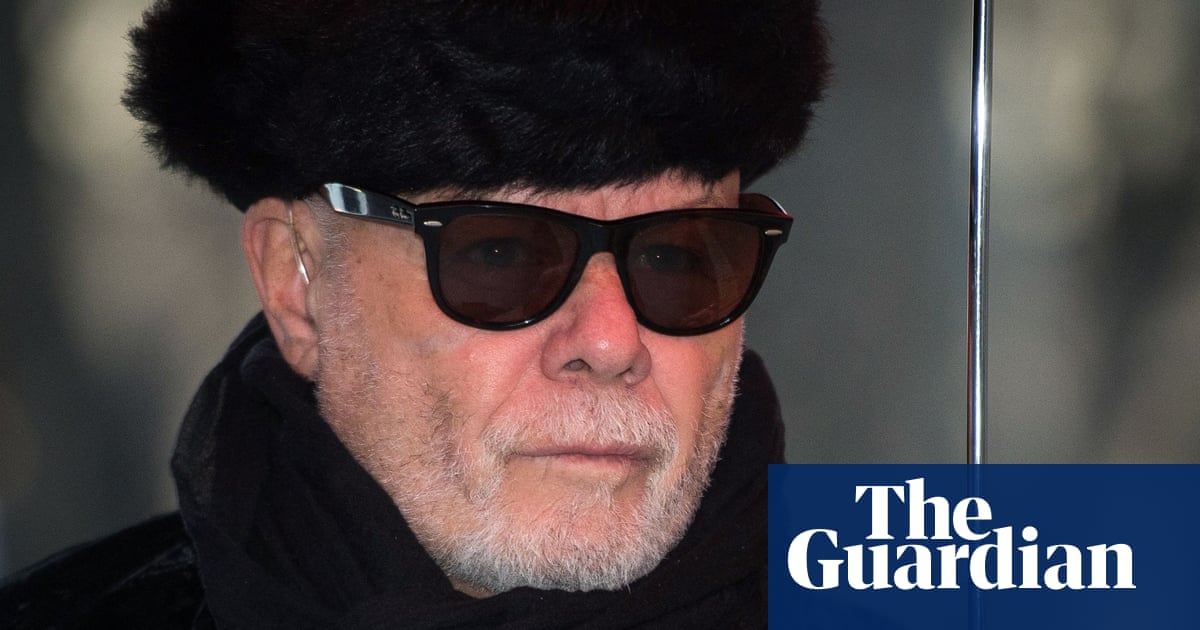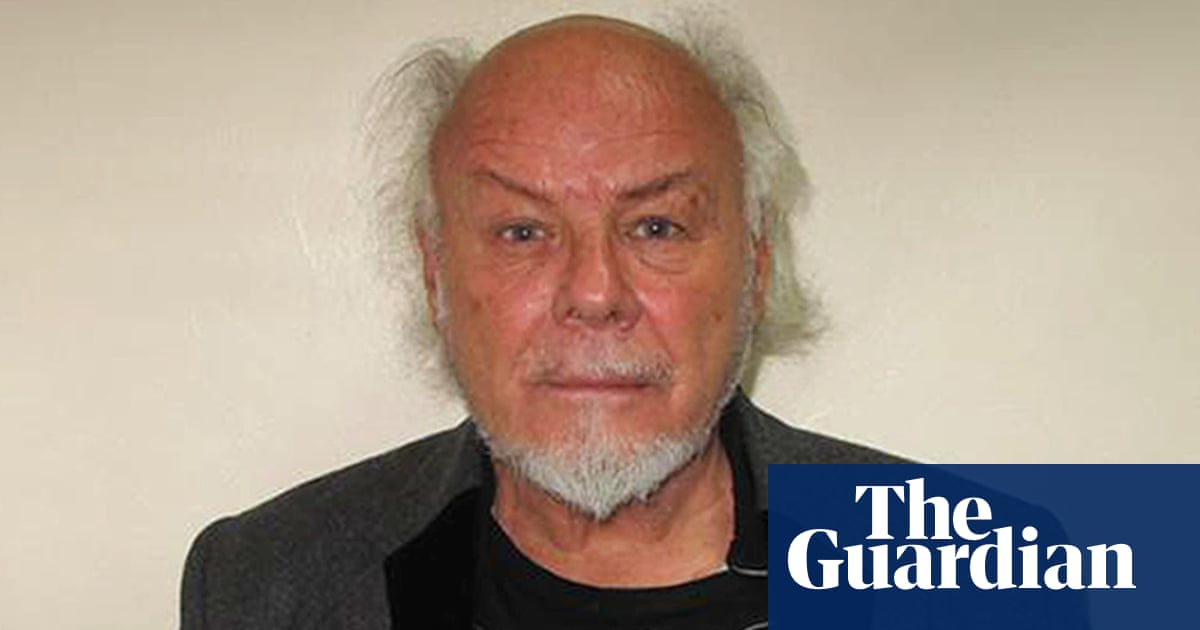
A parole hearing for the serial child sexual abuser Gary Glitter is to be held in private to avoid identifying children who may have been victims of his sexual offences and who, therefore, have a lifelong right to anonymity.
An application to have the hearing in public was rejected on Monday by the chair of the Parole Board for England and Wales, Caroline Corby, who said not all of Glitter’s victims could be contacted to determine whether or not they supported such a move.
The disgraced former singer, 79, whose real name is Paul Gadd, is due to be considered for release in January. He was jailed in 2015 for sexually abusing three girls between 1975 and 1980.
He was automatically released from HMP The Verne, a low-security prison in Portland, Dorset, in February after serving half of his 16-year fixed-term determinate sentence.
In March, less than six weeks after walking free, he was taken back to prison for breaching his licence conditions by allegedly viewing downloaded images of children. Corby said holding the hearing in public could risk identifying them.
Calls were made for the subsequent parole hearing to take place in public, with lawyers for one of his victims reportedly applying for open proceedings. The Parole Board said it would consider arranging for victims to view the private hearing.
Corby said: “The panel will need to consider the circumstances of the recall and whether the images that Mr Gadd allegedly downloaded are indicative of a continuing sexual interest in children.
“The children in these images are potentially victims and any discussion in a public setting could have the potential to identify them.
“It is unknown whether all victims of the index offences wish for the hearing to be held in public and there is a risk that if this hearing were held in public, it could retraumatise them.”
She said there are also concerns over sensitive operational information linked to Glitter’s recall to prison being revealed publicly.
“It follows that whereas I have deep sympathy for Mr Gadd’s victims, I do not grant the application for the hearing to be held in public,” the chair concluded.
Glitter’s fall from grace began in the late 1990s when he was jailed for possessing thousands of child abuse images.
In 2002, he was expelled from Cambodia amid reports of sex crime allegations, and in March 2006 he was convicted of sexually abusing two girls, aged 10 and 11, in Vietnam and spent two-and-a-half years in jail.
The offences for which he was jailed in 2015 came to light as part of Operation Yewtree, the Metropolitan police investigation launched in the wake of the Jimmy Savile scandal.












